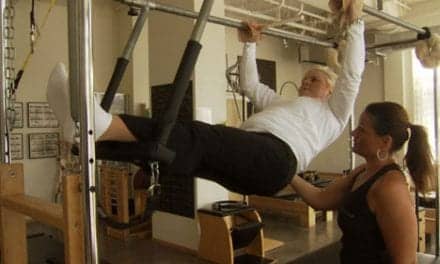The Stigma Project, launched recently by the Pennsylvania Developmental Disabilities Council (PADCC), aims to help influence people’s thinking, behavior, and attitudes toward people with disabilities.
“The stigma against people with disabilities is ugly, hurtful, and widespread, and it negatively affects the lives of thousands of Pennsylvanians,” says Graham Mulholland, executive director of PADDC, regarding the campaign’s genesis, in a media release from PADCC.
“This campaign strategy, even in the planning stages, has generated much divisiveness, discomfort and hesitation. It’s an issue we don’t like to talk about, but we must in order to initiate real change,” he adds.
The Stigma Project was funded via a federal grant awarded to the PADCC and administered by the Pennsylvania Mental Health Consumers’ Association (PMHCA). According to a survey conducted in 2012 for PMHCA, 79% of the respondents said they believe society thinks of individuals with physical, mental, or intellectual disabilities “with discomfort and awkwardness,” per the release.
The campaign, with the tagline, “What are you thinking?” includes a website where visitors can view videos, take a Stigma Quiz, pledge to end stigma, and participate in interactive activities; campaign handouts and bracelets, which are being disseminated in communities across Pennsylvania; and Public Service Announcements on radio and television stations. All materials feature the website and direct the public to the campaign’s Facebook and Twitter pages.
“The challenge here is to get Pennsylvanians’ attention regarding this important topic, have people recognize and be aware of their own stigmatizing thoughts, and educate the public about how they should be thinking and behaving to ultimately promote a more diverse and inclusive Commonwealth,” states PMHCA Executive Director Lynn Keltz, in the release.
“It’s time for Pennsylvanians to stare stigma in the face and realize how offensive and debilitating it is,” Mulholland exclaims. “We all want to be respected. We can achieve this regardless of how we look, move, think, hear, and communicate. Differences are not deficits.”
[Source(s): Pennsylvania Developmental Disabilities Council, PR Newswire]




